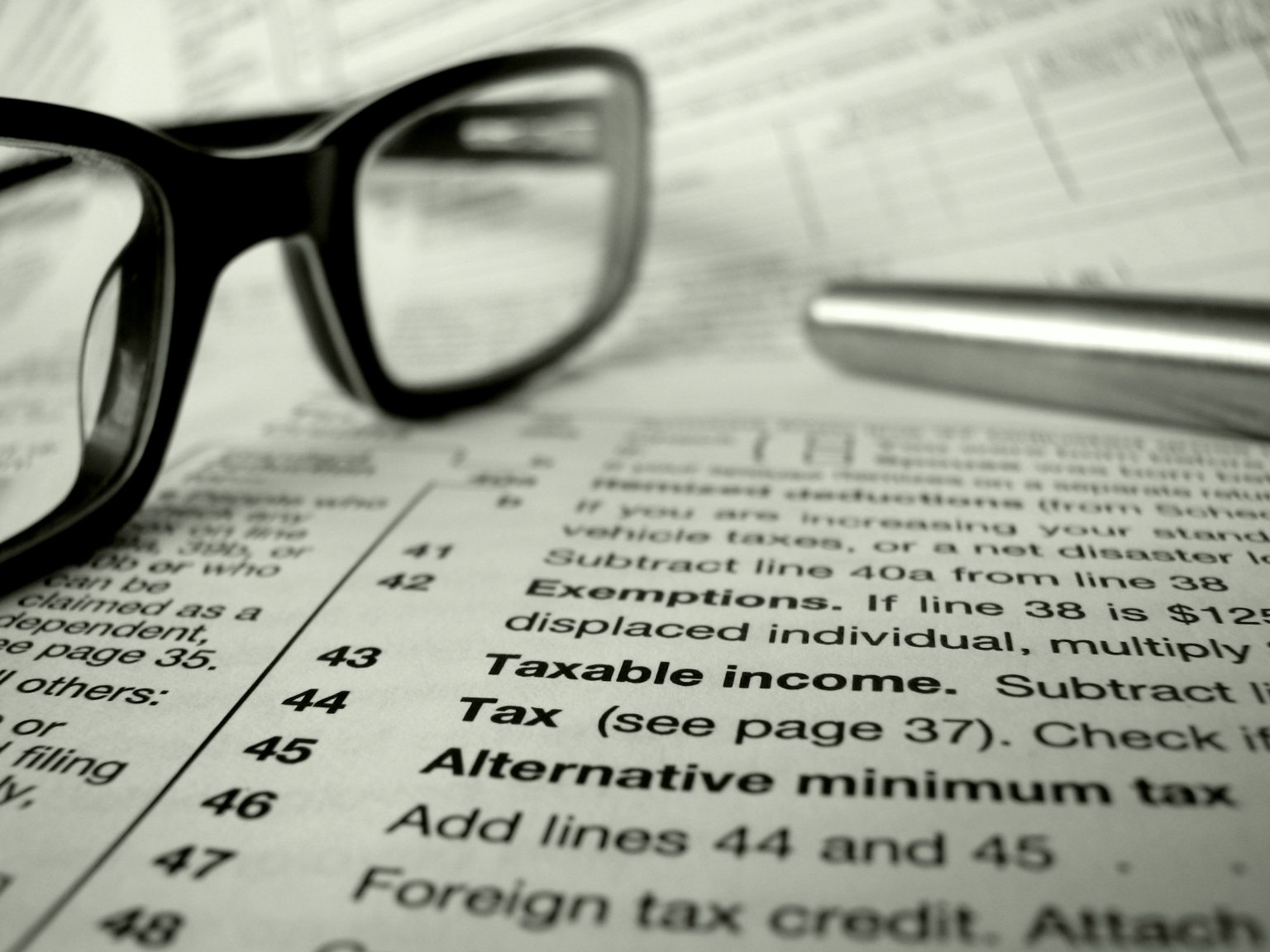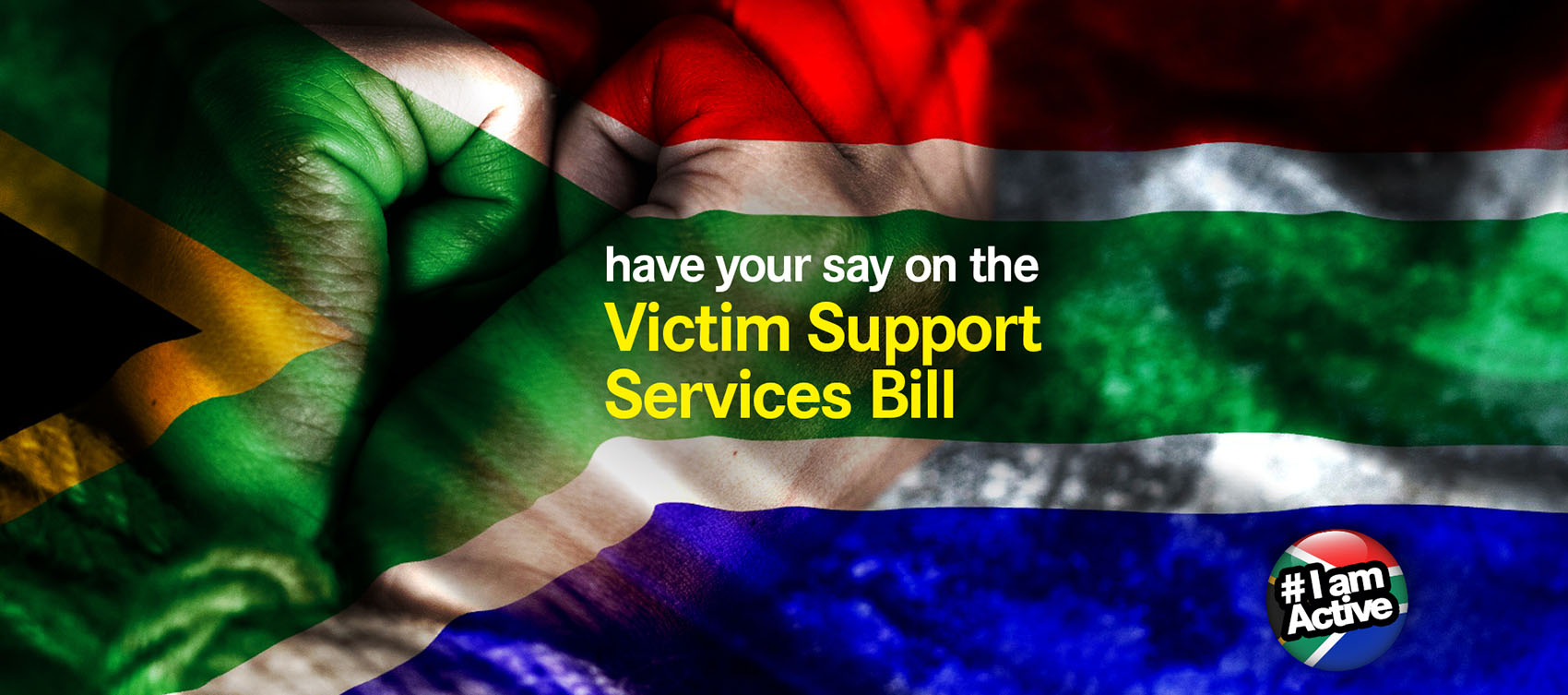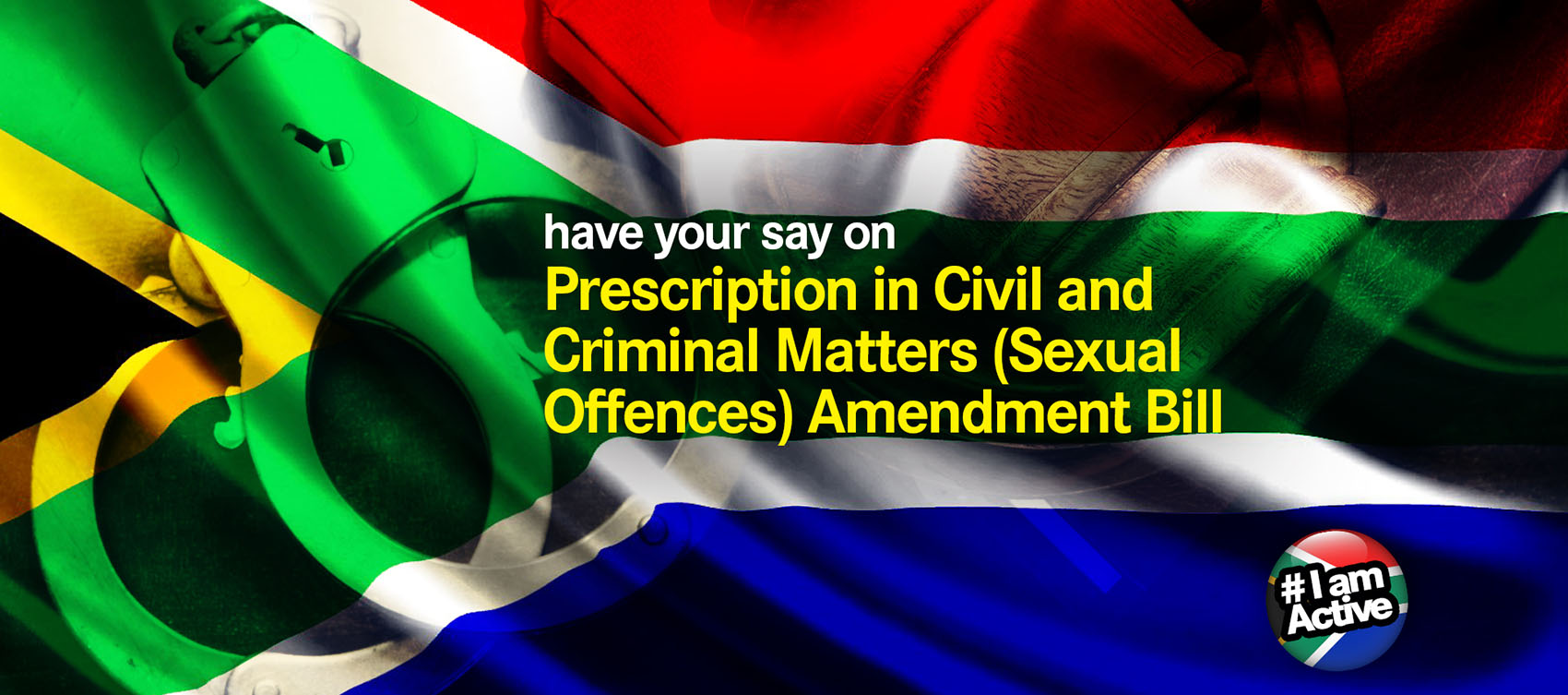Amendments to the Employment Equity Bill will enable minister to set targets for every industry.

It will be interesting to see how businesses will react to some of the proposed amendments to the Employment Equity Act, which was to be tabled in the new parliamentary session before the coronavirus pandemic disrupted the parliamentary schedule.
One of the major changes in the proposed amendments to the act will enable the minister of labour to set specific numeral targets – based on skin colour – for different industries, sub-sectors and levels within a company. If companies don’t comply and don’t head warnings to comply, they can be fined up to R1.5 million or 2% of their annual turnover, whichever is greater.
A discussion paper on the Employment Equity Act Amendment Bill (EEAB) by Dhevarsha Ramjettan, partner at Webber Wentzel, and colleagues professional support lawyer Shane Johnson and associate Mbali Nkosi, says that the amendment bill follows the last report by the Commission for Employment Equity which revealed that top management, senior management and professional employee groups continue to be dominated by the white male population group across organisations in SA.
They noted that the report indicated that there has been some progress in making the workplace more diverse and representative. “However, massive discrepancies still remain particularly in senior positions” according to the authors.
The EEAB will empower the minister to set numerical targets for any national economic sector. The main goal of such target setting is to ensure the equitable representation of suitably qualified people from designated groups at all occupational levels in the workplace, says the paper.
The authors of the paper confirmed to Moneyweb that these numerical targets will apply to all occupational levels in the workforce, including directors of a company “who form part of the workforce”.
There are six occupational levels that employers must report on in their employment equity plan:
- Top management
- Senior management
- Professionally qualified & experienced specialists or mid-management
- Skilled technical & academically qualified junior management, supervisors, foremen or superintendents
- Semi-skilled employees
- Unskilled workers.
The department of labour gazetted the EEAB towards the end of July and the bill will be formally introduced in the National Assembly in due course. It is still subject to change and will only become effective once it had been dealt with in parliament and finally signed into law by the president.
It seems that the bill will give labour inspectors a lot of authority to demand employers to furnish employment equity plans or undertakings to furnish such plans within a specific time frame. Labour inspectors will have similar powers when it comes to policing the new racial quotas.
“Where an employer fails to comply with the numerical targets as set out in its employment equity plan, a labour inspector can request the employer to provide a written undertaking to comply within a specific time period,” says Webber Wentzel in reply to questions. “If the employer refuses to provide the written undertaking or fails to comply within the specified time period, the labour inspector can issue the employer with a compliance order which will detail a time frame for compliance and the fines that may be recommended to the Labour Court.
“If the employer still does not comply, the labour inspector can apply to the Labour Court to make the compliance order an order of court. For a first time contravention, fines can amount to R1,5 million or 2% of the employer’s turnover (whichever is greater),” according to the law firm’s review of the pending legislation.
The proposed amendments introduce a bit of relaxation of regulations for smaller businesses. The EEAB amends the definition of ‘designated employer’ by excluding employers who employ less than 50 employees and meet a turnover threshold set under the act. Such employers will not be subject to the numerical targets set under the EEA.
The purpose of these amendments, says the lawyers from Webber Wentzel, is to reduce the regulatory burden on smaller businesses.
A discussion of the EEAB on the Labournet site is harsher about some of the amendments, defining the numerical targets as “a headcount target”. It says that the amendments suggest that employers will no longer be setting their own targets in line with the economically active population as it is believed that employers are using self-imposed targets as a “shield” to evade the law by setting low targets and achieving it quickly.
It also notes that a subsection in the new legislation will allow the minister of labour to issue regulations prescribing criteria to be considered when determining a numeral target. “The minister of labour thus sets the bar for how stringent or radically transformative these targets are, and dispenses judgement on whether they were achieved or not.”
Labournet points out that the EEAB is set to promulgate a section regarding state contracts, proposing that state contracts will only be awarded to employers who have been certified as being compliant with the act. “An employer will be required to attach a certificate of compliance and/or a declaration by the employer that it complies with the relevant chapters of the act when applying for a contract with the state.
“A brand new subsection has been included which regulates when the minister may issue a certificate of compliance,” according to the review of the bill on Labournet. These criteria includes that employers meet their racial targets and that they have not failed to pay minimum wages during the last three years.
When government announced end February that the bill will start the parliamentary process soon, the SA Government News Agency voiced the opinions of Thembinkosi Mkhaliphi, chief director of labour relations at the department of labour, saying that “nothing has happened that should have happened and no real significant change has taken place” over the last 21 years.
“There has been very limited change and if we go at the rate that we’re going, it will take another 100 years before we really transform,” he said.
Mkhaliphi dismissed criticism that government setting targets will affect businesses. He maintains that current legislation states that employers can set their own targets and that the introduction of government setting the targets is not new.
“Target setting is not new, except that now government comes into the picture in setting the target. The principle of setting targets is not new, therefore it can’t be said that this is a drastic change that will affect business” he said according to the government news agency.
Business is bound to disagree strongly, voicing concerns that freedom of choice to employ people will be restricted, in much the same way as economic empowerment legislation forces companies to invite shareholders into a business, based on race rather than on their ability to supply capital.










